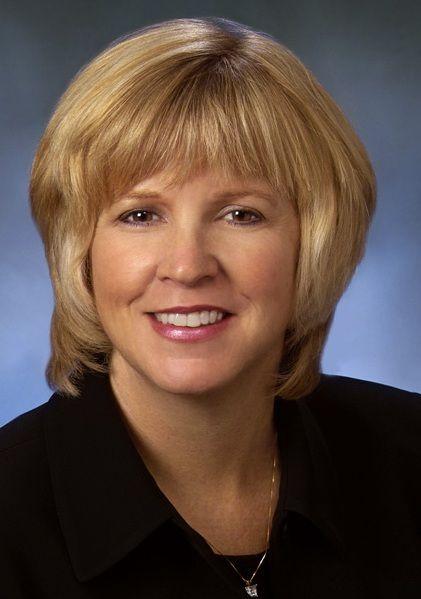By Patti Skelton-McGougan, executive director of Youth Eastside Services
Have you been asked The Question? Not the one about where babies come from but the one parents these days dread far more—“Did you smoke pot when you were my age?” Relax. It’s ok to be honest with your kids about your past. Just be thankful they feel comfortable enough to initiate a conversation like this with you. In fact, when it comes to helping kids make good choices, one of the most important things parents can do is maintain an open and ongoing dialogue. So it’s okay to fess up: “I did make some bad decisions, and I don’t want you to wind up making them, too.”
You might point out that much has changed over the years. For example, researchers know much more about the brain and how it’s adversely affected by alcohol and other drugs. And drugs today, such as marijuana, are much more potent—even deadly. Be aware that all the talk of legalizing marijuana has changed kids’ views on it—many see it as no big deal, yet it is more potent, dangerous and addictive than ever. In general, it’s much better to keep an open dialogue than to save it all for a big sit-down discussion.
Tips to help you talk to your child about drugs
• Look for those “teachable moments,” but gear the information to your child’s age.
• Be nonjudgmental so that your child feels comfortable approaching you with sensitive issues.
• Be a parent, not a friend, and set clear boundaries and real consequences. Kids are less likely to abuse substances when their parents strongly disapprove.
• Know where your child is, who their friends and friends’ parents are, and how they spend free time.
• Help your child discover his or her interests. Young people who are engaged in activities are less likely to abuse drugs.
Important drug trends to know
Knowledge really is power when it comes to understanding drugs.
• Make no mistake, alcohol is a powerful drug that can severely affect developing brains and bodies. It’s also the most used and abused substance by teens, with high rates of addiction among early users.
• Marijuana is still very popular among teens, is addictive and is often a gateway to other drug use.
• Synthetic marijuana (sold under such names as Spice & K2), though recently banned by the FDA, is still readily available and has a more potent high with serious and unpredictable side effects.
• Prescription medication misuse is on the rise with teens with many such drugs being snorted or smoked.
• Cocaine is making a comeback and now viewed by teens as less dangerous and addictive.
• Psilocybin or psychedelic mushrooms are considered by teens to be “natural” and therefore “safe” though they can be toxic to the liver.
• Ecstasy/MDMA is becoming more popular to use when just “hanging out.”
• Heroin is being reported in greater use among local teens and is often being smoked. If you think your teen is using, approach it as a family problem, expressing love and concern. Stay calm and tell them in a non-threatening way that you know they're using and you want to help. And get them outside help, especially if the use is tied to a family crisis.
Patti Skelton-McGougan is Executive Director of Youth Eastside Services. YES is a nonprofit organization and a leading provider of youth counseling and substance abuse services in the region. Since 1968, YES has been a lifeline for kids and families, offering treatment, education and prevention services to help youth become healthy, confident and self-reliant and families to become strong, supportive and loving. YES accepts insurance or Medicaid and offers a sliding scale with no one turned away due to inability to pay. For more information, visit YouthEastsideServices.org.









